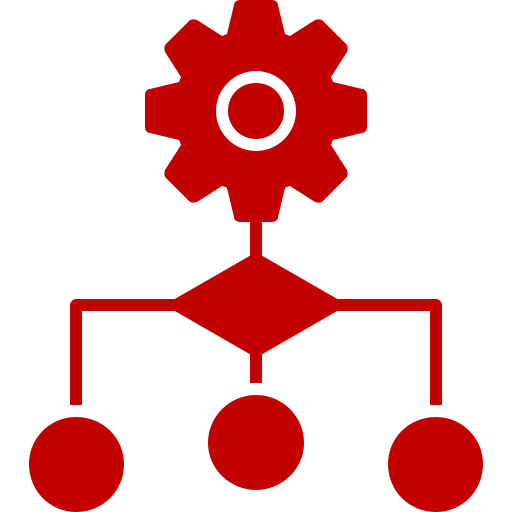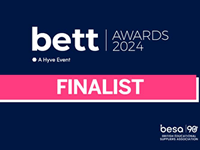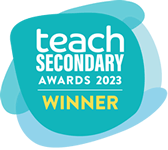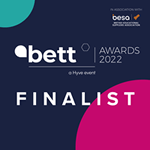It includes:
- Student Learning Record (A3 version in word)
- Student Learning Record (PDF version)
- Student Learning Record (PowerPoint version)
- Set of student activities and workshops with answers
- Answers to the exam questions from the back of the SLR
- Teacher Marking Checklist
- Year 13 Recap Lesson
This topic covers:
H046
- 2.2.1 a-d Programming techniques
H446
- 2.2.1 a-f Programming techniques
Specific knowledge required for AS and A Level:
- Candidates need to be able to understand the constructs of sequence, iteration and branching.
- Candidates must be able to use these constructs independently of each other, and combine them to produce a solution. These include the selection statements of if (include elseif and else) and select case statements. These include both condition based iteration (e.g. while, repeat until) and count controlled iteration (e.g. for) – as well as how condition based can be used as count controlled iteration.
- Candidates need to be able to read code using these constructs, create code using these constructs and trace code (for example using a trace table).
- Candidates need to understand the use and need for variables in a program, and must understand the difference, benefits and drawbacks of both global and local variables.
- Candidates must be able to recognise where local and global variables are used, and the impact that these have on the program, for example the amount of memory used by the program.
- Candidates need to understand how a program using global variables can be changed to use local variables – and vice-versa.
- Candidates need to understand what is meant by modular code, and how this can be produced using functions and procedures.
- Candidates need to understand the differences between functions and procedures and how each is used within a program.
- Candidates need to be able to read, trace and write code using functions and procedures.
- Candidates need to understand the purpose and use of parameters within a program, and how they are used in functions and procedures.
- Candidates will need to be able to read, trace and write code that makes use of parameters.
- Candidates need to understand the difference between passing a parameter by value and by reference, they need to understand the benefits and drawbacks of each, recommending which should be used for a given situation.
- Candidates need to be able to read, trace and write code that makes use of parameters passed both by value and by reference.
- Candidates should have had experience of using an IDE to produce code.
- Candidates need to understand how an IDE can be used to produce code, and understand the range of features and tools that are within an IDE that can be used to help produce and debug a program.
Specific knowledge required for A Level ONLY:
- Candidates need to have an understanding of the principle of recursion and the key features that produce a recursive algorithm such as a stopping condition. They need to be able to read and trace recursive functions, write recursive functions, and translate a recursive function to an iterative solution and vice-versa.
- Candidates need to have an understanding of the benefits and drawbacks of using both a recursive and iterative solution.
- Candidates need to understand the purpose of object-oriented code. They need to have an understanding of classes, objects, properties, attributes, methods. They need to understand the difference between private and public properties, attributes and methods.
- Candidates need to understand encapsulation and the use of get and set methods to access private properties.
- Candidates need to understand the purpose and principles of inheritance, super-classes, parent-classes and sub-classes.
- Candidates need to have an understanding of polymorphism and how it can be applied to classes.
- Candidates need to be able to read, trace and write code that makes use of these object-oriented techniques.
- Candidates need to be able to interpret class diagrams to produce class definitions.
- Candidates need to be able to identify where object-oriented programming can be used in a solution, and derive an object-oriented solution for a given scenario.






